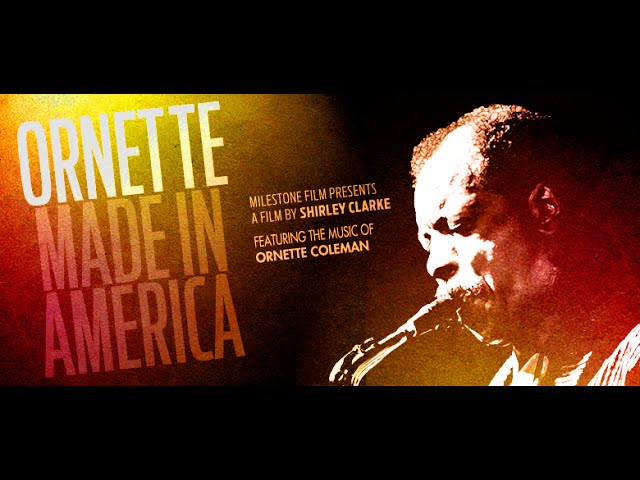
I’ve written several essays on jazz and its place in American culture but somehow I always come back to the discussion of why isn’t it elevated to the status it deserves. So here we are at the end of yet another National Jazz Appreciation Month and here in Dallas the so-called jazz scene still finds musicians not being paid a decent wage on gigs (if they’re paid at all!) and audiences still disrespecting them while they perform by talking loudly or clinking silverware and glasses. We also still have just one opportunity to hear this important music on the radio on UNT’s KNTU station, albeit not all day. My foray into the radio world via WRR to play jazz was a short-lived one because there wasn’t any commitment to fund the program and since I was producing it myself, it couldn’t continue once I retired and was no longer on the City of Dallas payroll (I used comp time to make that show happen!).
So I have to start this blog entry by saying America’s classical music has never enjoyed the status that Europe’s has, at least not in its birthplace. It’s revered around the world but in America it remains second-class music despite the fact that the State Department has routinely used it as a diplomatic tool in its diplomacy efforts. I am inclined to think that because this music was a creation of African Americans and has its roots in the Blues, it will likely never gain its place in “high culture” circles, at least not until it can be completely whitewashed and claimed as something other than music derived from the Black Experience.
I am always struck by the lack of attention Dallas jazz musicians receive when I go to the few places around town that routinely feature jazz. Admittedly, having a jazz musician for a brother has made me totally intolerant of audience members who don’t come to hear the music but come only to socialize. If you want to impress your date by taking them to a jazz club, impress them by shutting up and listening so that when the musicians take a break, you can chat her up about what y’all just heard! OK, I forget, most of these folks have no idea what they are listening to since too many of them are ignorant of the jazz standards or what musicians are riffing as they improvise.
And let’s not talk about how MIA the music is in school music curricula because therein lies the greatest sign of jazz’s second-class status. Most schools never introduce students to jazz, not even in their band programs. If they do provide some jazz education, often the music students get to play is some watered down composition by composers I never heard of, not jazz classics like those found in the vast catalogs of Duke Ellington or Thelonious Monk or Mary Lou Williams. So an American student studying piano will learn to play Chopin but never even hear Ellington’s name uttered. No one can convince me that the reason we find ourselves constantly having to fight to get jazz appreciated every April is because this music was created by the least appreciated Americans i.e. African Americans.
As I go out this weekend to see Ornette: Made in America at South Dallas Cultural Center, I wonder how many people will be in the audience to learn about one of America’s most game changing musicians. I wonder if Ornette Coleman, a Texas native, is well known by music lovers in North Texas. OK, no I don’t because I already know the answer. Nah!
